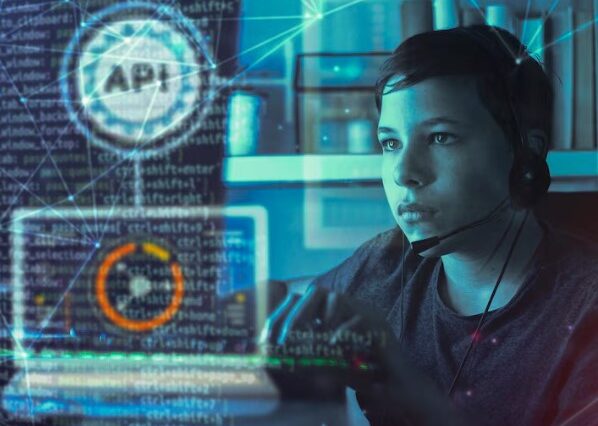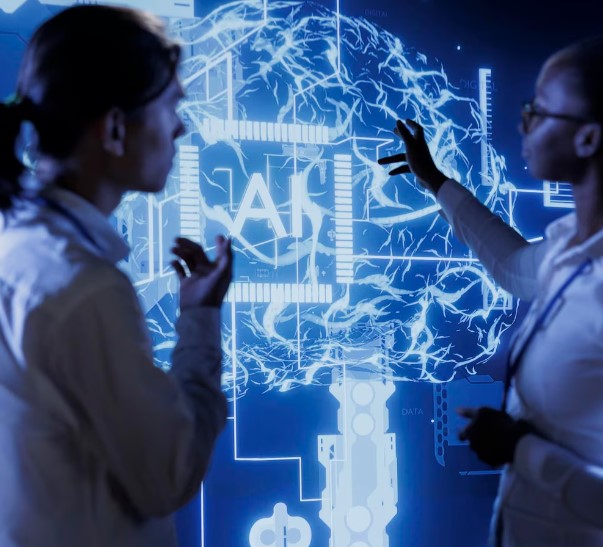MSc in Cyber Security and Cyber Forensics is a specialized graduate program focusing on advanced concepts, techniques, and practices in cybersecurity and digital forensics. It covers topics such as network security, cryptography, ethical hacking, digital investigation, incident response, and legal aspects of cybercrime.
Graduates can pursue various roles in cybersecurity and digital forensics fields, including cybersecurity analyst, forensic investigator, security consultant, incident responder, threat intelligence analyst, cybercrime analyst, and security architect. Career opportunities exist in government agencies, law enforcement, financial institutions, technology companies, and cybersecurity firms.
The curriculum usually includes advanced courses in areas such as advanced cryptography, cyber threat intelligence, malware analysis, digital evidence analysis, network forensics, mobile device forensics, legal and ethical issues in cybercrime, and cybersecurity management.
Many MSc programs incorporate practical components such as lab exercises, case studies, simulations, and real-world projects to provide students with hands-on experience. Students may have opportunities to work with industry-standard tools and technologies and gain practical skills applicable to the field.














